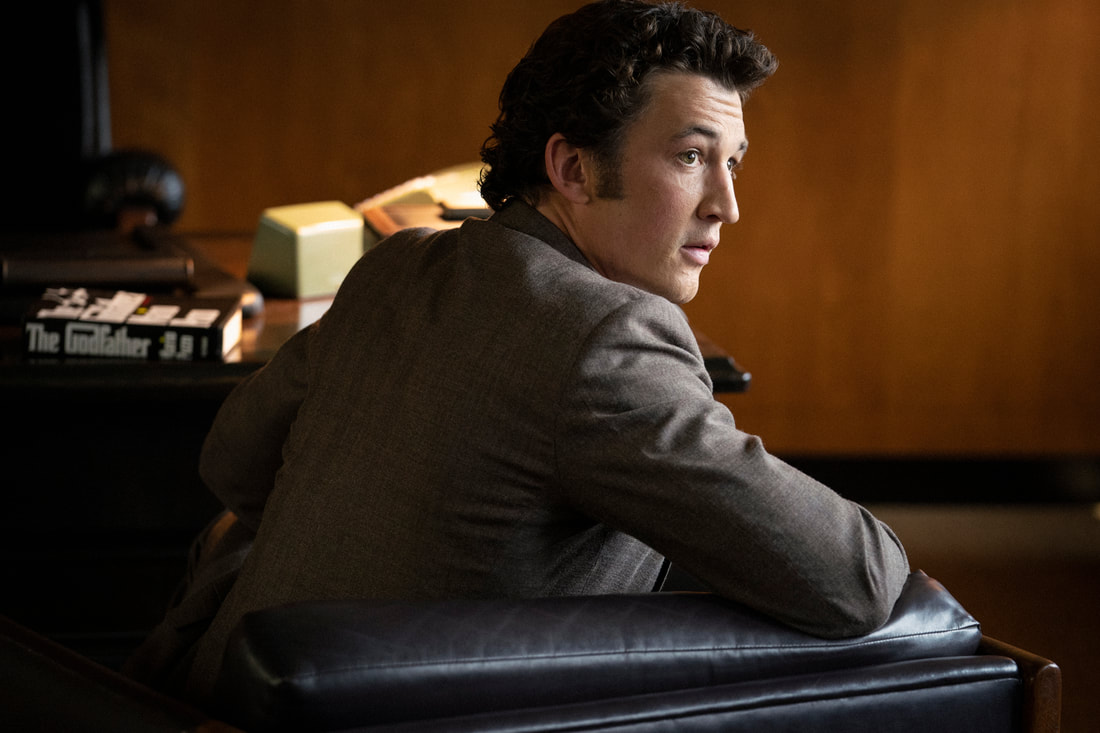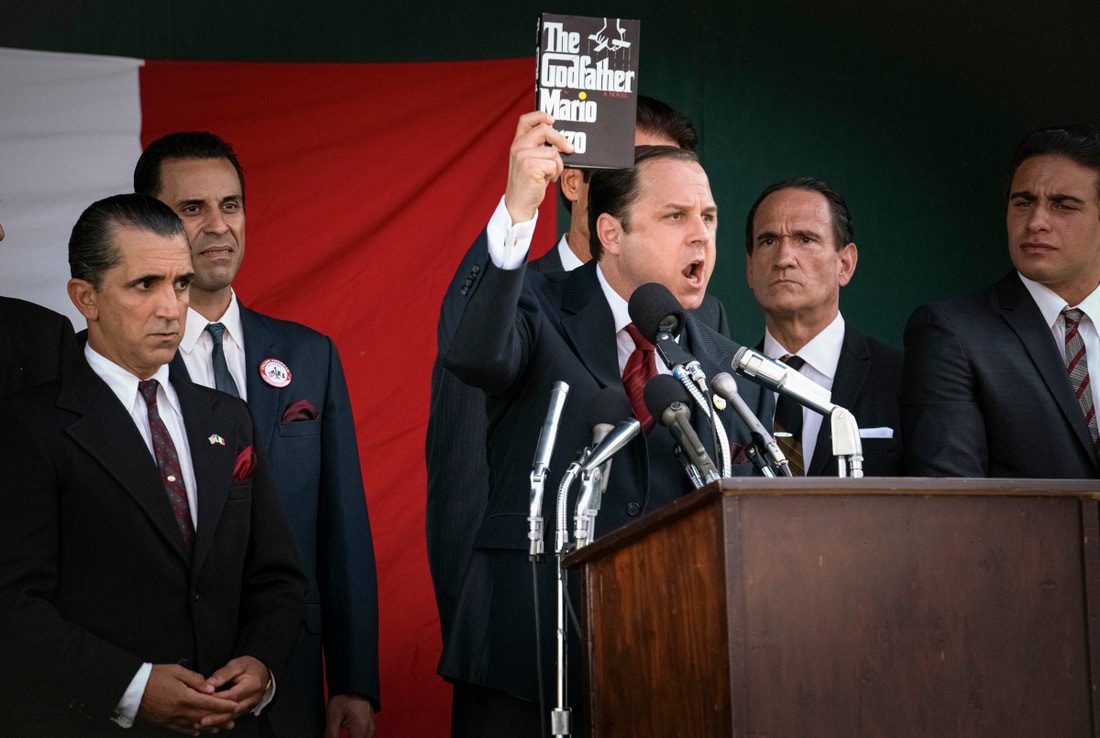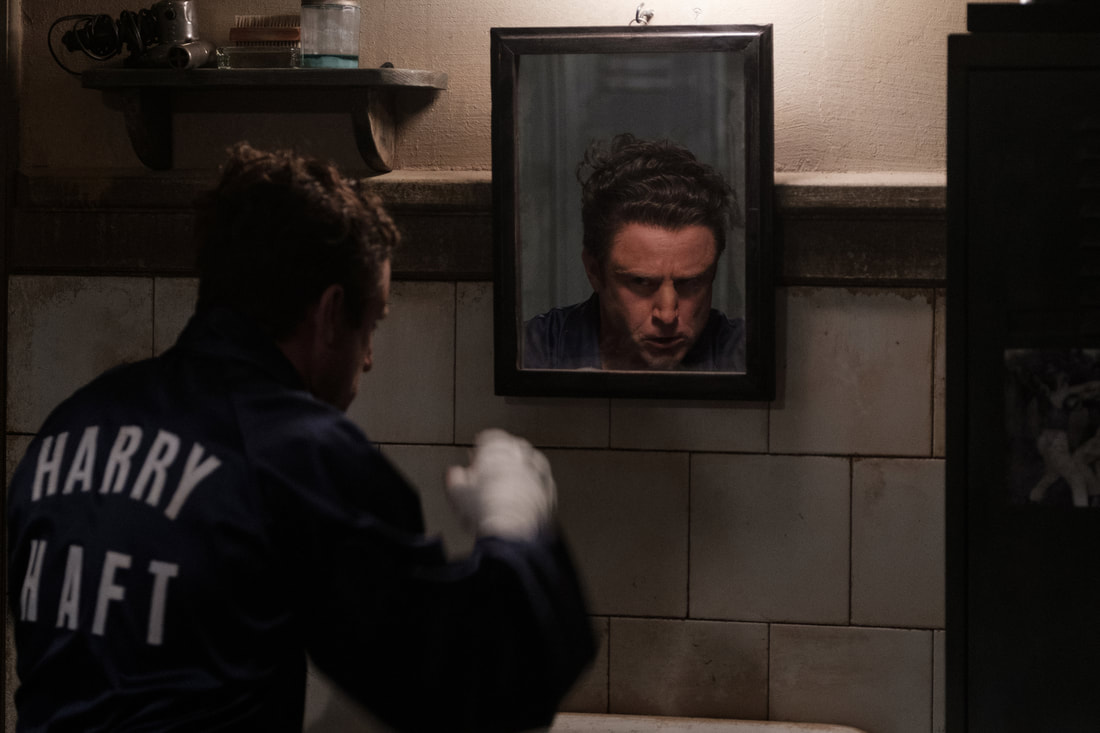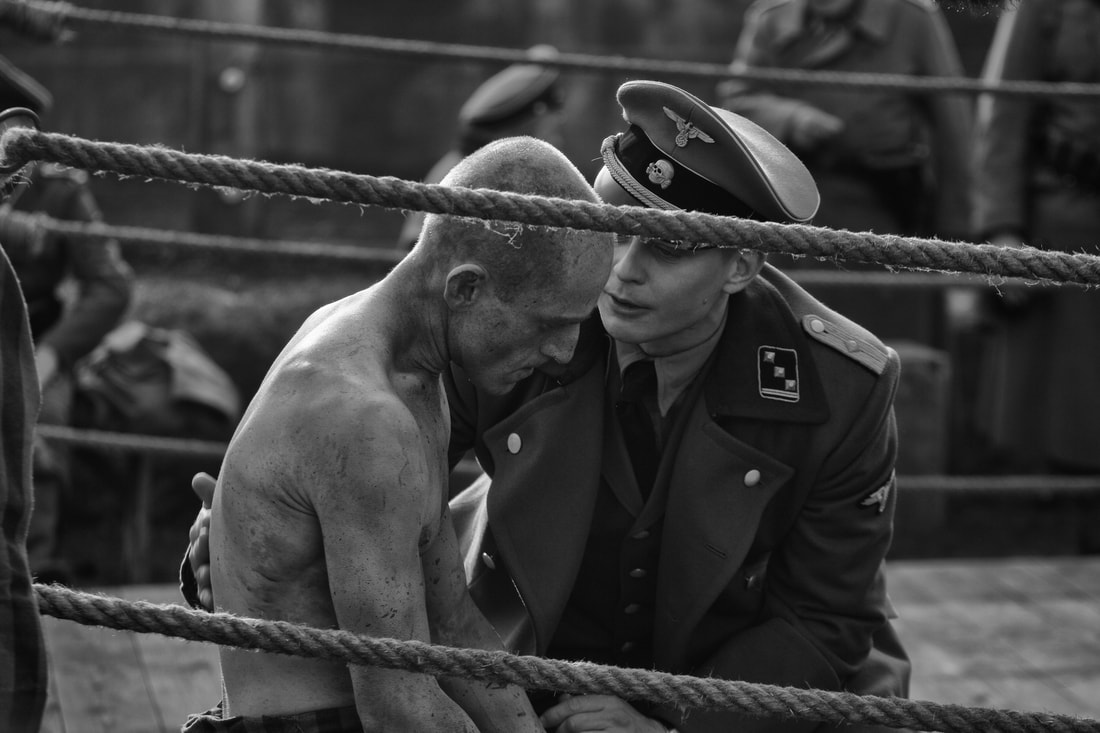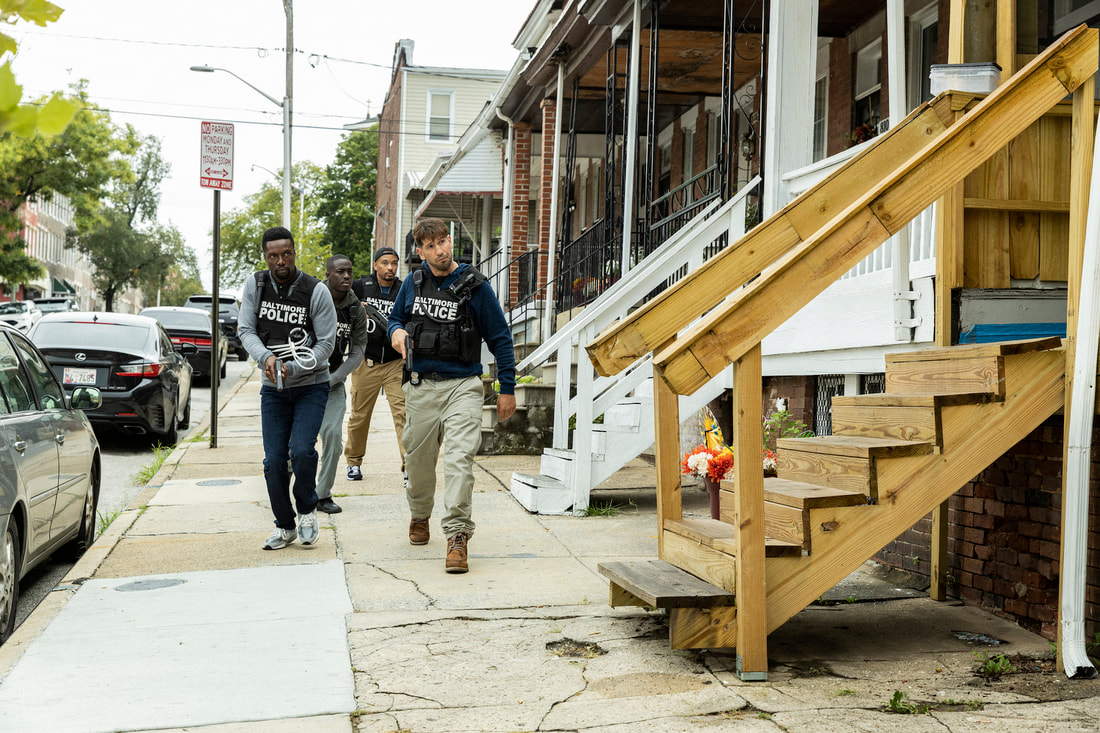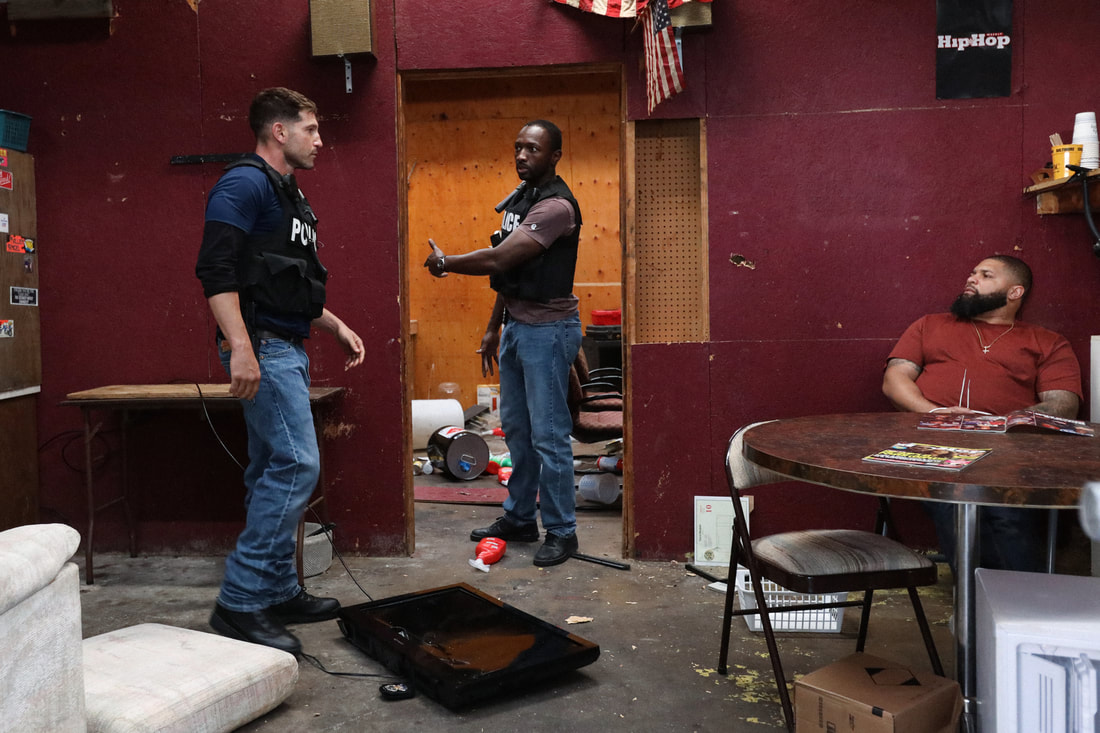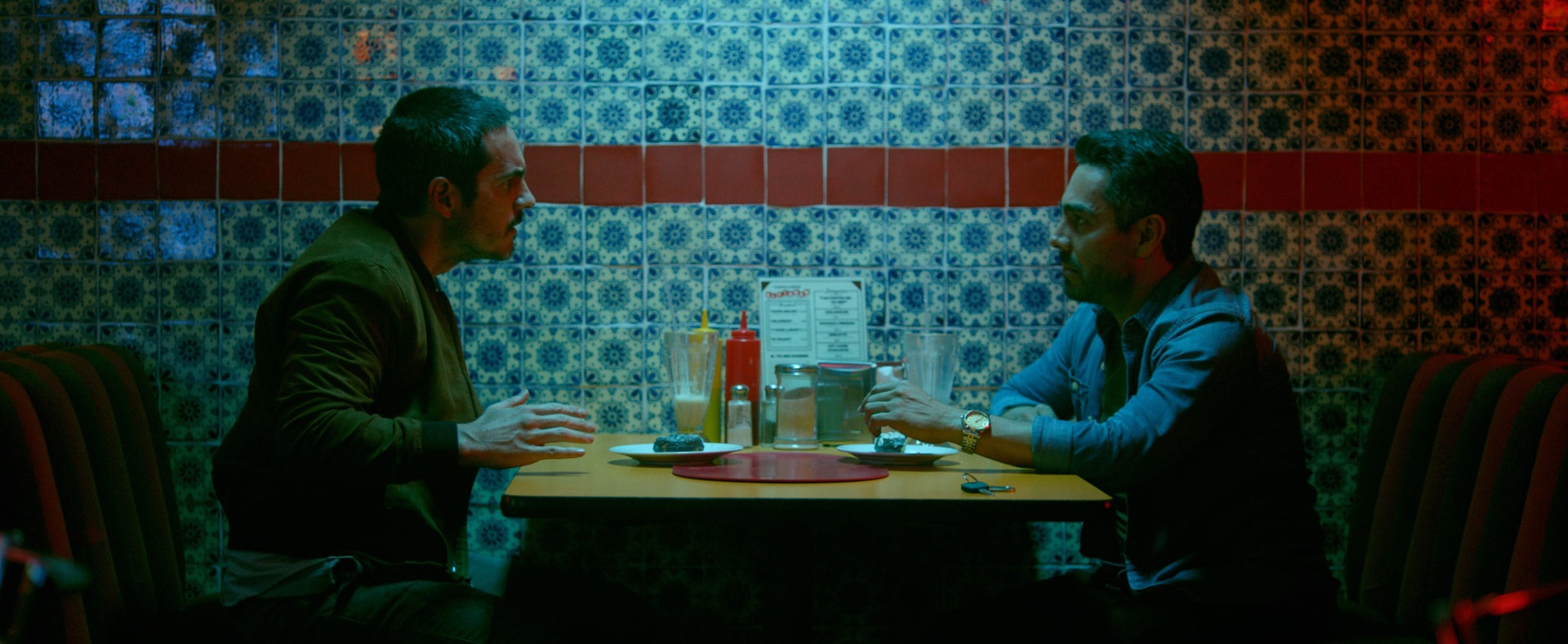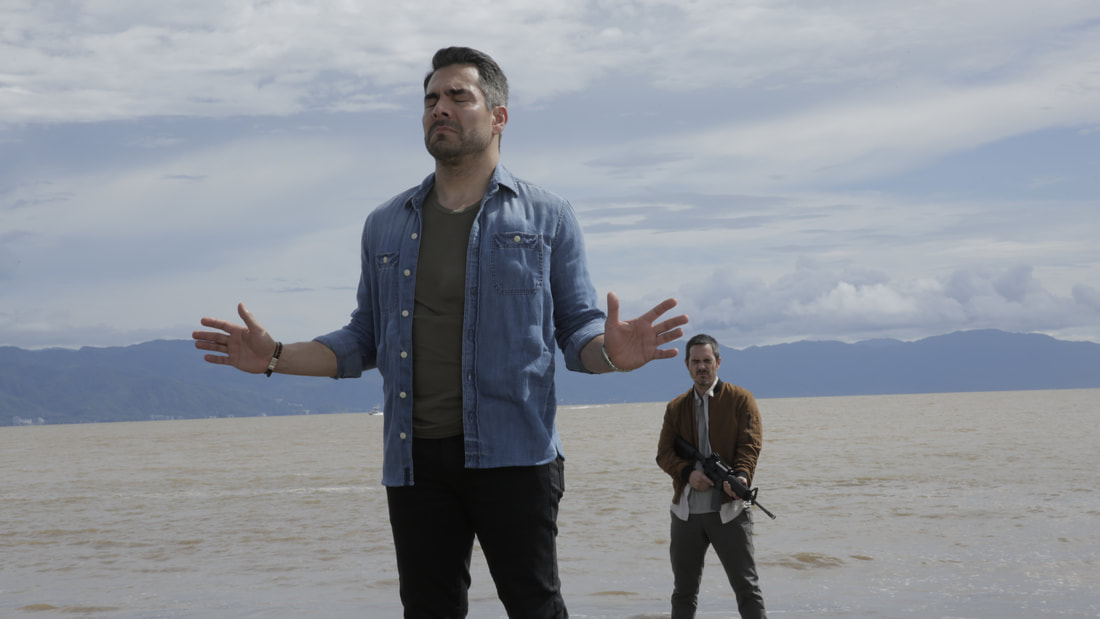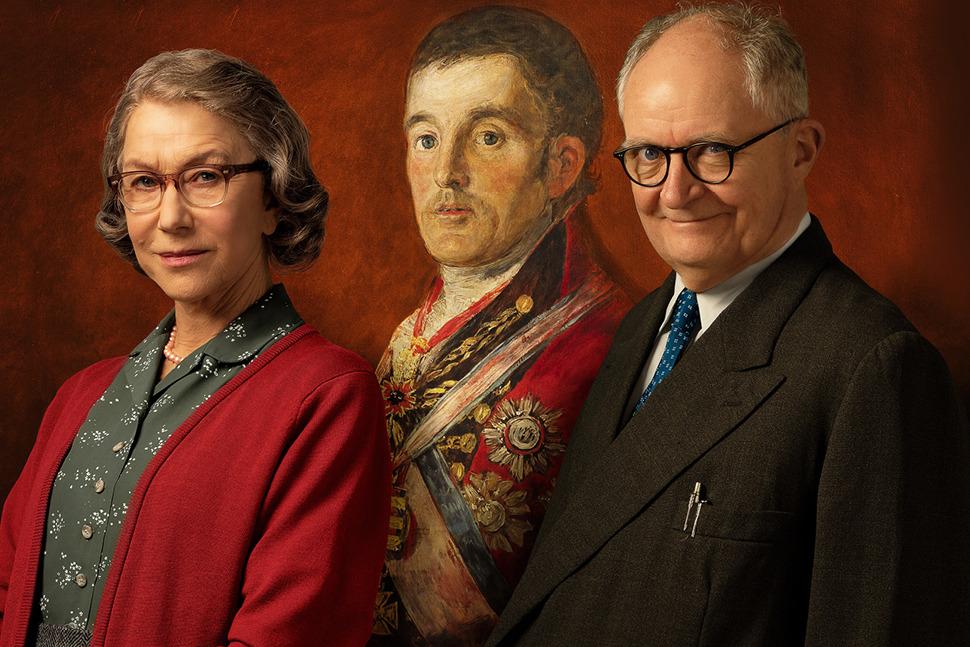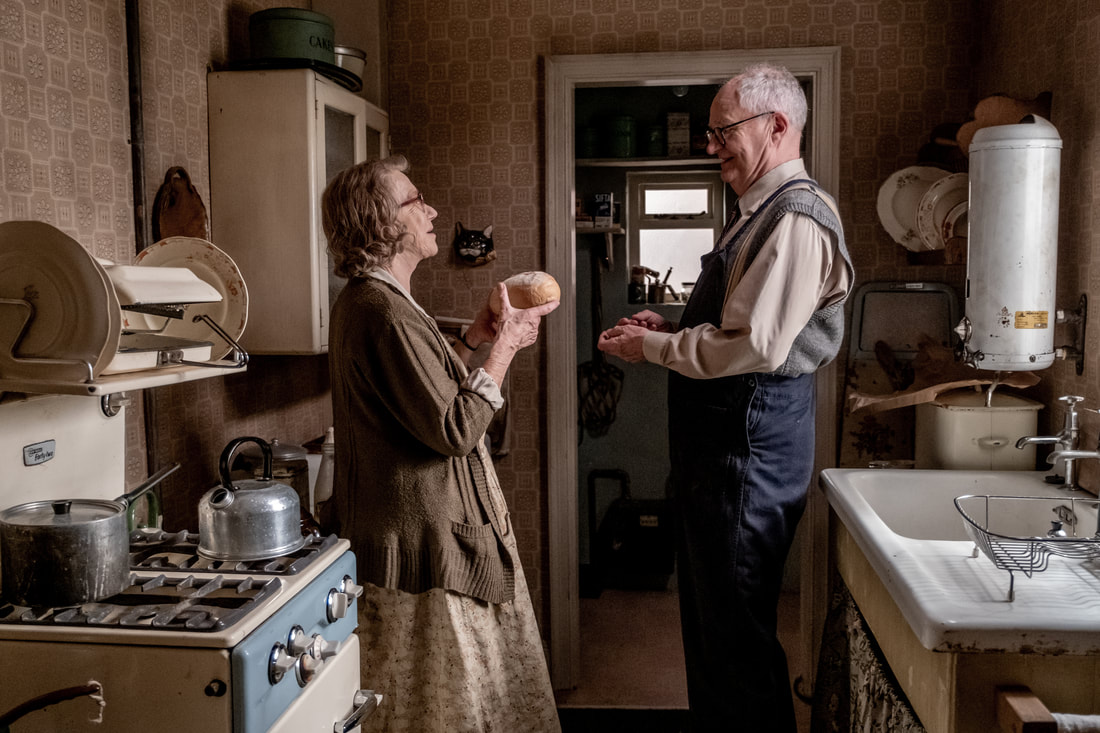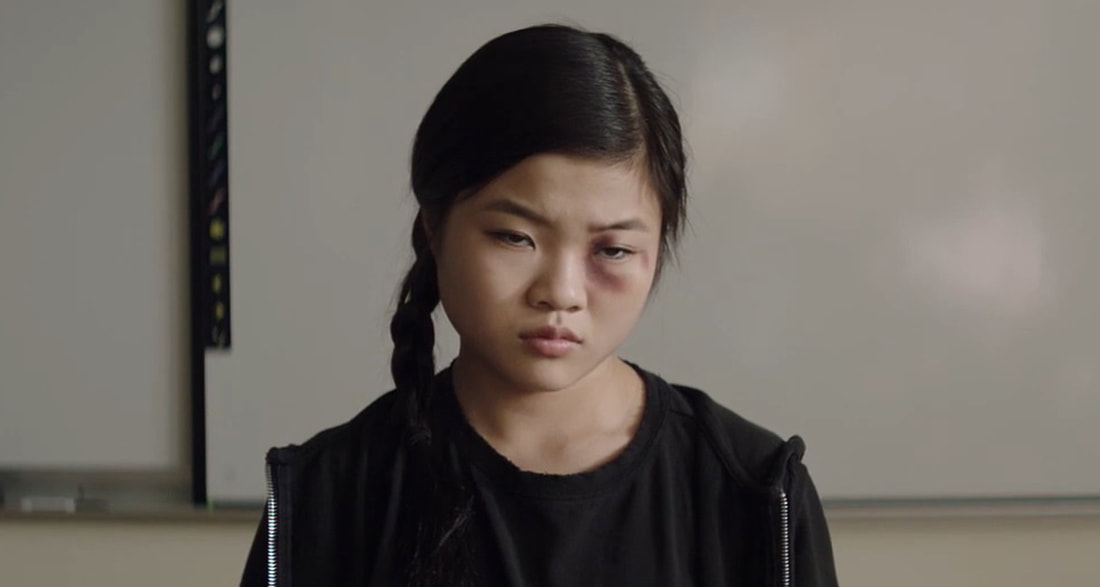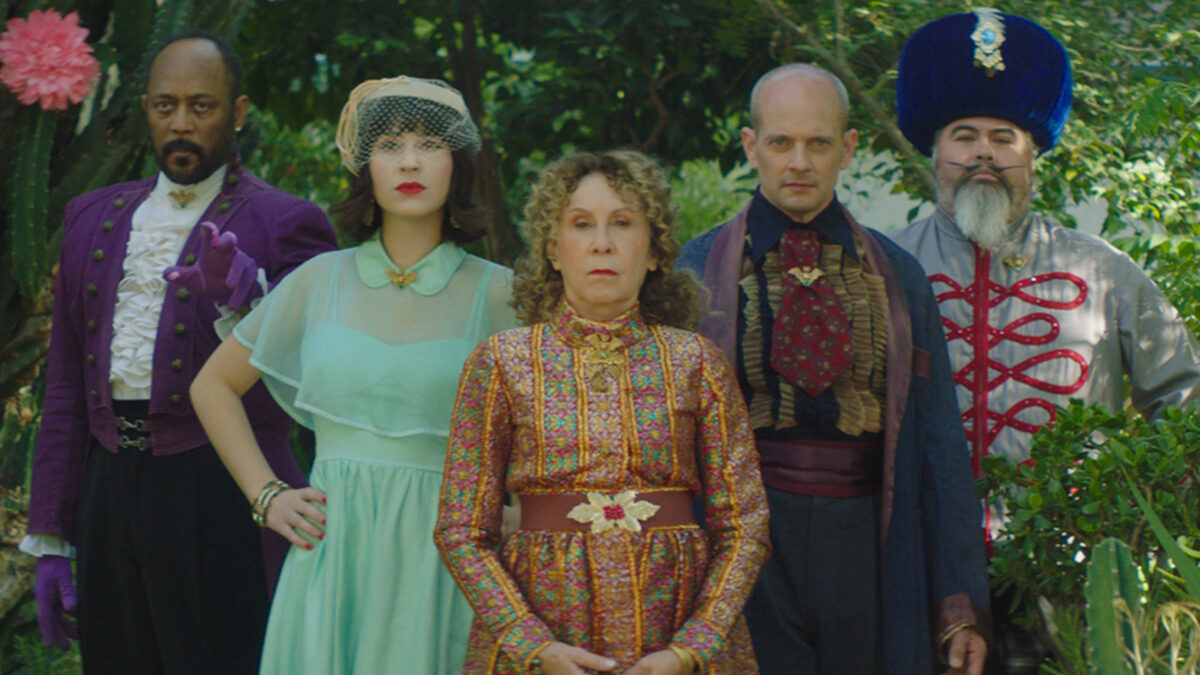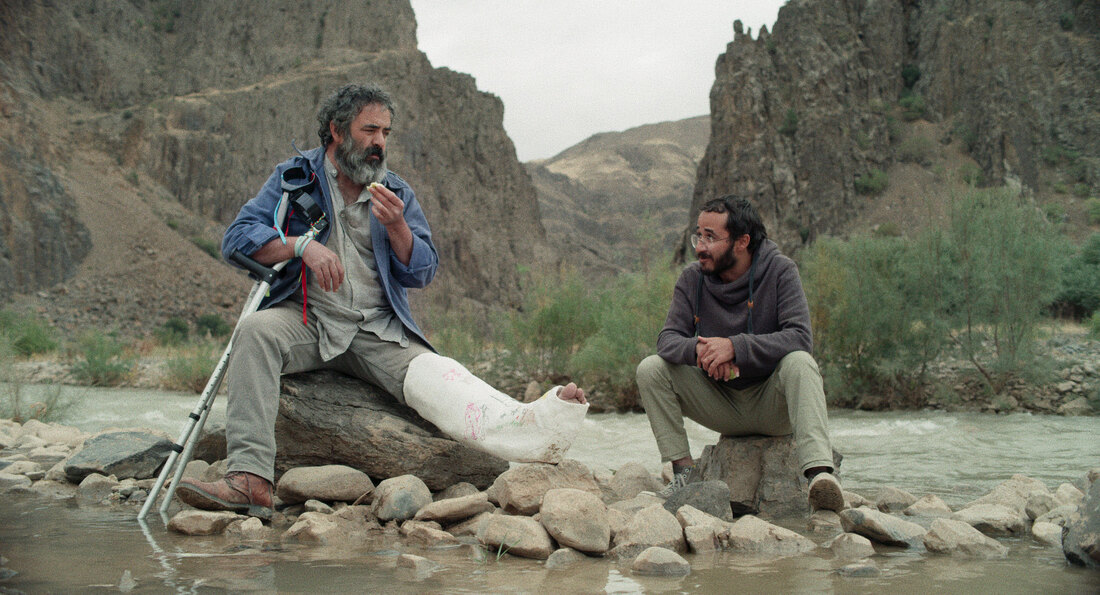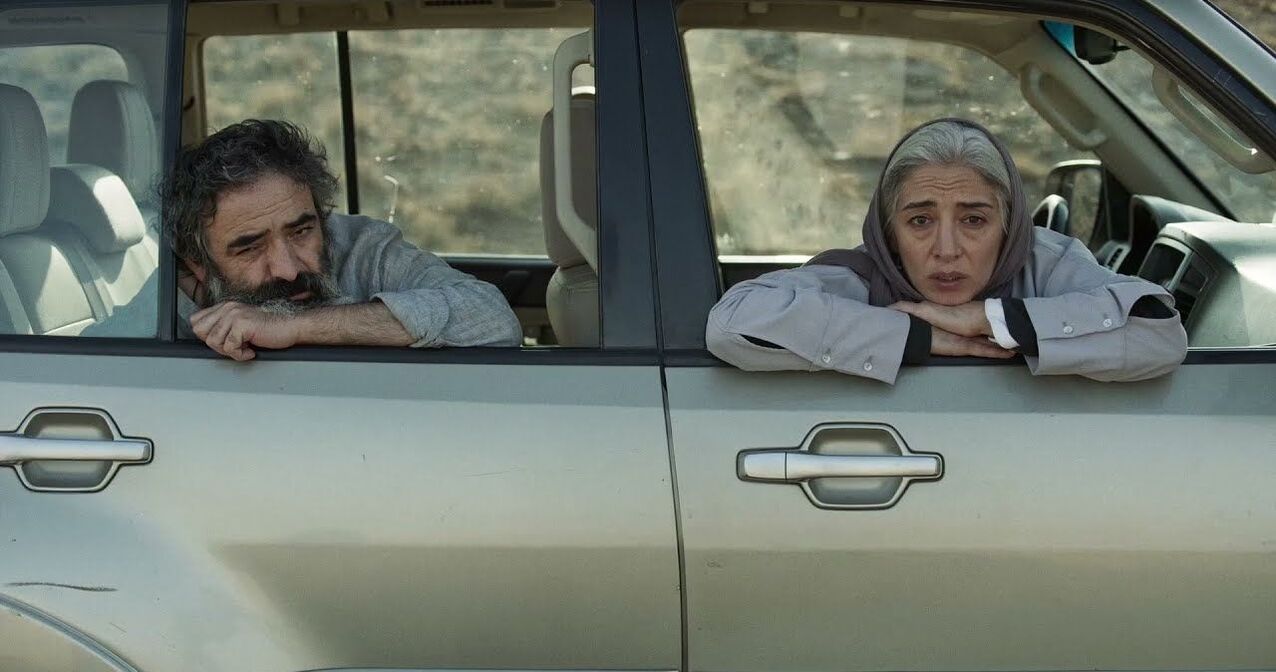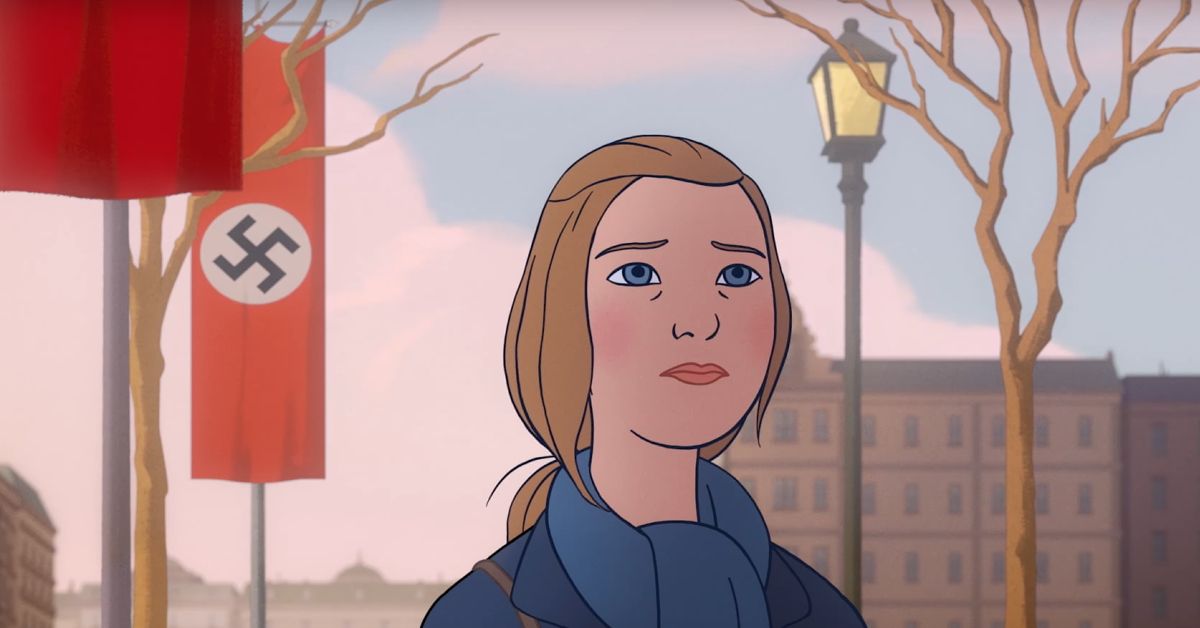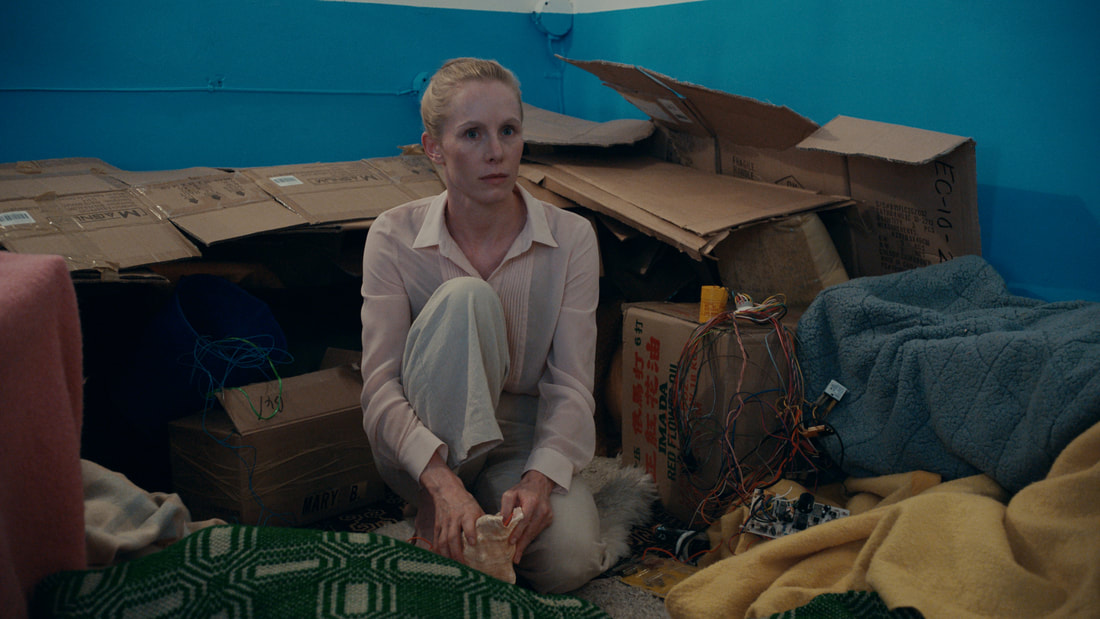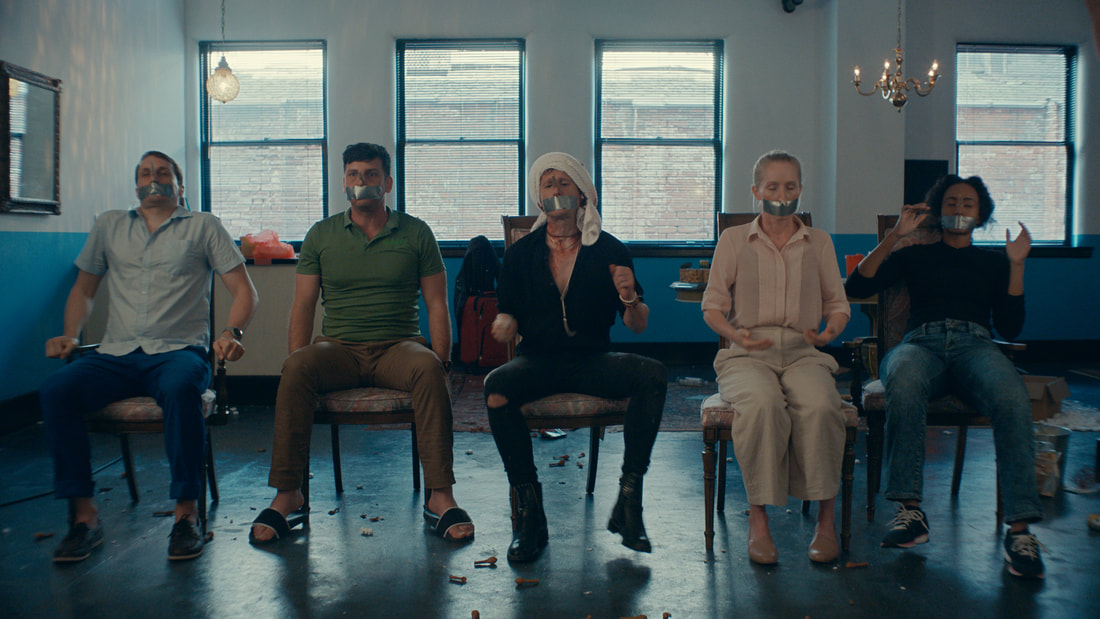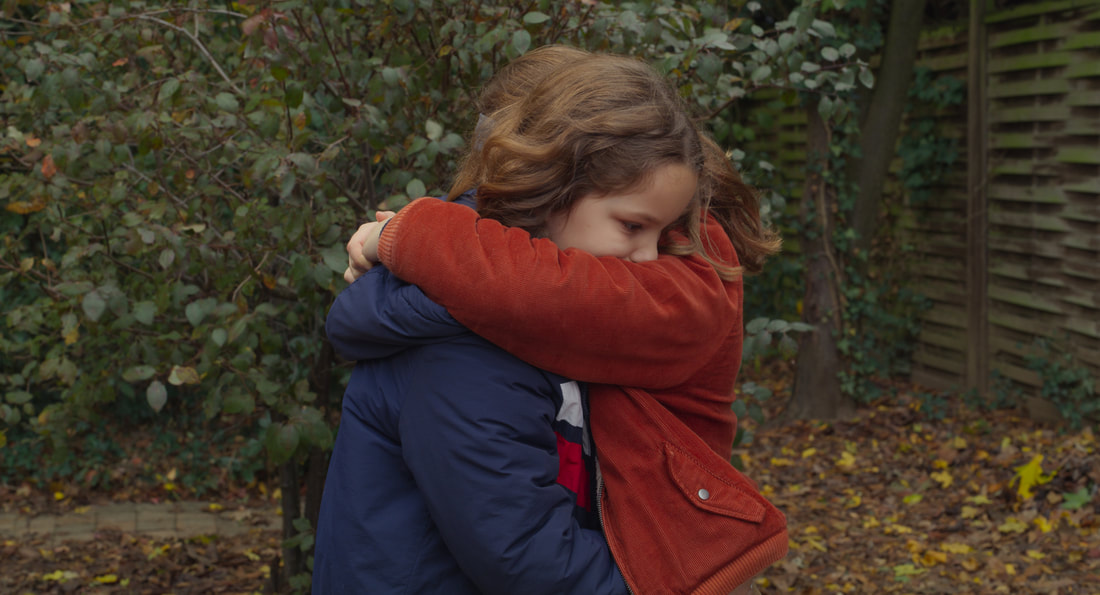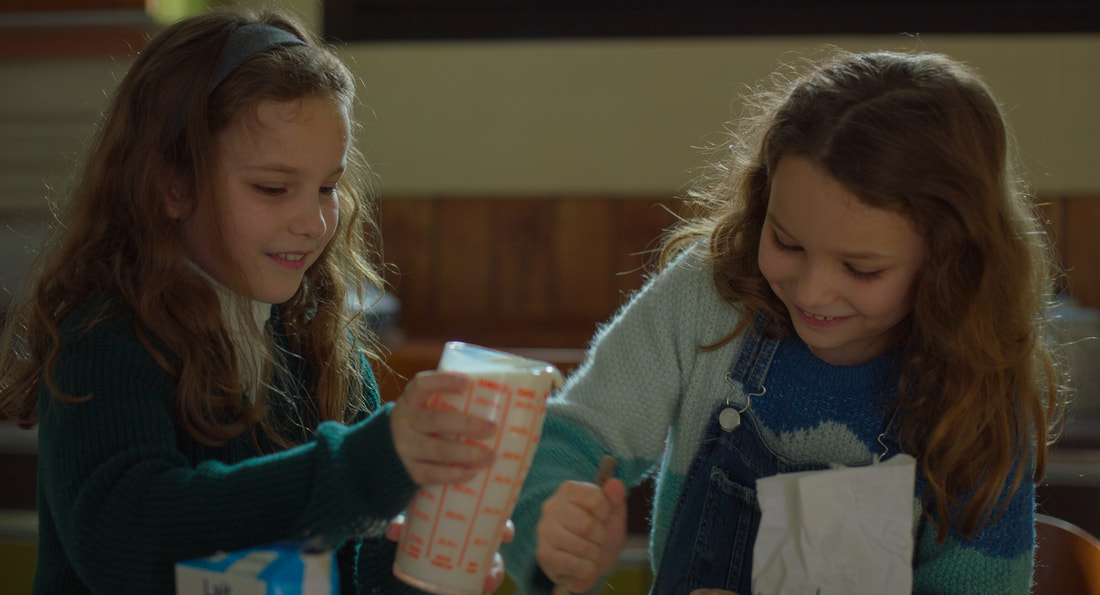|
Review by Dan Skip Allen The Godfather is widely considered one of the greatest films of all time by critics and fans alike. It brought people into a world of crime and Italian society never before seen on the big screen. However, the film based on Mario Puzo's novel almost never happened. The Offer is the show by Paramount+ about how this masterpiece of cinema came to be, and it's quite a sordid tale. The show focuses on a handful of main characters and some other supporting characters. Albert S. Ruddy (Miles Teller) is working at the Rand Corporation, a government-subsidized think tank, when he decides to get into television and later the film industry. He hooks his wagon to Paramount studio head at the time, Robert Evans (Matthew Goode). Evans is the producer of the big hit Love Story based on a worldwide best-seller. Paramount wants to repeat this success, so they option the next big hit best-seller, The Godfather by Mario Puzo (Patrick Gallo). Evans puts Ruddy in charge of this project. It's his first film project — fraught with turmoil from the beginning. From budget concerns to casting issues, this film was doomed from the start. But these men and women wouldn't let that happen. Dexter Fletcher is a well-known director of Rocketman, Bohemian Rhapsody, and Eddie the Eagle. He had quite the undertaking trying to adapt Ruddy's book. This story is too good to be true sometimes. Just when you thought nothing else could go wrong with this production, something does. Anything and everything was thrown in his way while trying to make this film. It's a miracle that the film turned out as great as it did, considering everything that happened behind the scenes. The show delves into all the various people besides Ruddy and Evans that played a part in this film. Like any film production, the people involved are numerous, from company executives to an ex-boyfriend of Ruddy's secretary who played Carlo in the film. The cast is pretty extensive. Director Francis Ford Coppola is played by Dan Fogler (Fantastic Beasts), who is the spitting image of Coppola. He gets his facial tics and hand gestures down to a tee. Burn Gorman plays Charles Bluhdorn, the owner and CEO of Gulf-Western. He had a love-hate relationship with Ruddy and Evans, and despite his better judgment, he kept supporting these two men and their film. Colin Hanks is Barry Lapidus, who is different from the CEO. He held a tight leash on the men involved in the production and a tight purse. He was not a fan of the film or the men involved in making it. Juno Temple plays Bettye McCartt, who wasn't just a secretary, but a do-it-all woman and a savior to Ruddy and Bluhdorn at various times in the lead-up and production of The Godfather. These actors were all fantastic in their various roles in the show. They are just the tip of the iceberg, though The heart and soul of this series are Teller as Ruddy and Goode as Evans. These two single-handedly drove every episode and this entire story forward. They were the reason to watch this show. From their personal lives outside of the filmmaking production to various things that they had to do to keep this train on the tracks, these two actors were terrific. They both had their ups and downs as the characters, but they never let me down as a viewer watching them. They both should be up for Emmys playing these two men going through hell and back on this film and in general. They had to sell their souls to get this film made, and it was all in vivid color for us to watch. These might be the best performances of their careers.
When you're making a show about a specific period, such as the early '70s, you need to make things look realistic to that time and place in history. Fletcher, Nikki Toscano, and many others made me feel like I went back to this period in history. Hollywood was in a rough patch in the '70s, but films like The Godfather helped bring it out of those hard times. The clothes, the hairstyles, the cars, the set direction, and the production value were all spot on. These people made this show look as authentic as possible, even as far as remaking and reimagining scenes from the film. Various scenes of Good on Willis and Coppola arguing about lighting were priceless for me while watching the show. Even getting the actors to sound like their counterparts were pretty amazing. The kid who played Al Pacino was uncanny. The story is based on Ruddy"s experiences, so no one except those involved knew what really happened in some of those rooms. In some cases, dark dungeons where men were threatened because they didn't go along with the film production. That's where Joe Columbo, a real-life New York gangster (Giovanni Ribisi), comes into the picture. This show depicts the relationship between Ruddy, Columbo, New York Senators, and the Italian mob. These were real as far as Ruddy's recollections are concerned. Even Frank Sinatra played a part in this story, and not a good part. This show has it all, and it's stranger than fiction because it's authentic to what Ruddy had to say. After watching the show, who am I to disagree with him? However, Peter Bart (Josh Zuckerman) might have other things to say about it. The Offer is the (mostly) real depiction of how one of the greatest films of all time got made. It has so many outstanding performances from Teller, Goode, Fogler, Temple, Ribisi, and many others. The craft departments such as hair and makeup, costumes, set decoration, production value, and overall camera work made this time come to life once again. Dexter Fletcher, Nikki Toscano, and the writers brought Ruddy's story, real or fake, to life. As a huge fan of The Godfather, it was a pleasure to see this story come to life. No movie ever had an easy road getting made. This is just one man's story among many involved but is a fantastic story of pain, loyalty, death, loving, satisfaction, and success. I loved every last minute of it. The Offer debuts on Paramount+ on April 28, with new episodes streaming subsequent Thursdays. All ten episodes reviewed.
1 Comment
Review by Dan Skip Allen Films about the Holocaust and WWII and sports films are two powerful genres. But to make a sports film with Holocaust/WWII elements is quite an achievement. Add in the legendary director of Rain Man, Barry Levinson, and two-time Oscar-winning composer Hans Zimmer, and The Survivor was going to be a must-see. Harry Haft (Ben Foster) is a survivor of the Holocaust. He spent many years at Auschwitz and Birkenau, the two worst concentration camps of the Third Reich. Years later, he uses the boxing skills he acquired at the camps to make a living and try to reach out to a long-lost friend. The film takes place in two different eras. One era, the '50s, is filmed in color, and the other, the '40s, is filmed in black and white. Both periods the film deals with are done exquisitely by legendary filmmaker Barry Levinson. It's very clear he put a lot of thought and effort into adapting the book from Haft's son. The black and white scenes at the concentration camps are very bloody and brutal. The Jews are all thin and malnourished. Add in the fighting scenes, and you can tell this was not easy for the people or the actors who had to play these characters in this era. The '50s had fantastic production design, costumes, hair, and make-up. The cinematography in both eras was phenomenal. The skill Haft got while he was at Auschwitz was boxing. It was a survival instinct at the time, but later on, it became a profession. He fought fellow Jews who were forced to fight each other for the entertainment of the Germans. In particular, one Nazi (Billy Magnussen) took him under his wing and tried to train him to make him a fighting machine. This paid off later because when he came to the United States, he became a professional boxer, fighting the likes of Rocky Marciano in his career. This was a fascinating story because I had never heard of Haft before seeing this film Ben Foster has had an interesting career. His breakout role in 3:10 to Yuma opened everybody's eyes to what kinds of performances he's capable of. He followed that up with Leave No Trace a few years later. Now he's playing a boxer who was a holocaust survivor, and he has to look completely different for both eras the film takes place in and use an eastern European accent. Foster will surely garner a lot of awards talk for this incredible turn.
The supporting actors in the film were also very good and entertaining. John Leguizamo and Danny Devito play different boxing trainers from two different camps. They bring a sense of humor to an otherwise very serious film and story. Two more great supporting cast members are Vicky Krieps, a woman in immigration trying to help Haft find an old acquaintance, and Peter Sarsgaard as a reporter trying to help Haft get his story out to the public. All these superb supporting actors complement Foster very well. All great films need a great cast, and this one has it in spades. The Survivor premiered in September back at TIFF 2021 to wide acclaim. It's finally coming out in April in the United States on HBO. They have an absolute winner on their hands. This man was a very complex individual, and Foster plays that up to a tee in the film. His ability to play one character with many facets should is commendable. He will surely be up for Emmys, SAGs, and Golden Globes when those award shows come back around. The crafts, especially the cinematography by George Steel and the production design, are both amazing. The score by Hans Zimmer is also great. This film is incredible by anybody's standards. The Survivor debuts on HBO on April 27 at 8pm ET/PT. Rating: 5/5
Review by Sean Boelman
If David Simon knows how to tell a story about one thing, it is the city of Baltimore. His claim to fame was creating and writing The Wire, one of the most acclaimed shows in all of television history, and while his newest outing (that he executive produced and partially wrote), We Own This City, is unlikely to earn the same level of buzz, its palpable anger works quite well.
The series explores the 2017 controversy involving the Baltimore Police Department’s Gun Trace Task Force and how it revealed a web of corruption surrounding it. It is based on the book by Baltimore Sun reporter Justin Fenton, effectively weaving a morally complex tale of law enforcement and abuse of power. There is no denying that the series is messy — far more so than many of HBO’s prestige projects — but that messiness is a direct result of the frustration that the filmmakers have with Baltimore PD. The show cuts between the offenses, the trial, and flashbacks showing the long history of corruption that these characters perpetrated, and while it’s easy to tell what’s in the past and the present, some streamlining would have been nice. The series should definitely be praised for pulling no punches regarding its political themes. It asks the dirty questions of how (or even if) the system can be fixed by diagnosing the very deep ways in which it is broken. But one of the flaws of the writing seems to be that it is made to provoke people who aren’t already thinking about this topic to think about it more deeply. For those who are already in the know on the issues of the criminal justice system, it’s a tad rudimentary.
There are some issues with the characterization as well. The series does an excellent job of making many of the main characters deplorable and completely irredimible, but alas, it is governed by the laws of narrative. The audience needs someone to root for, and instead of going with a perspective that would have worked, like the victims of the Baltimore PD — or even the investigators prosecuting them, who have a small part — the series ends up coming dangerously close to making a “not all cops” argument.
Still, Jon Bernthal’s performance is without a doubt one of the best that you will see on television this year. The way in which he brings this detestable character to life is disgusting and terrifying. The writing makes it feel like this should be an ensemble piece, but Bernthal’s performance is so commanding and grotesque that it consistently steals the show. The grittiness and brutality of the series are also a double-edged sword. While it is good to see a show being very open about the atrocities being committed by law enforcement, one has to wonder if the graphic extent to which this series takes it was completely necessary. It could be argued that the series is capitalizing on trauma, and it would be hard to refute that claim. We Own This City is far from perfect, but its merits ultimately outweigh its shortcomings. It’s an infuriating show, but given the subject matter that it is dealing with and the team that made it, one could expect no less. We Own This City debuts on HBO on April 25 at 9pm with additional episodes airing subsequent Mondays. All six episodes reviewed. Rating: 4/5
Review by Sean Boelman
The Lionsgate subsidiary Pantelion has established themselves as the authority in Spanish-language comedies, having released several of the highest-grossing fan favorites from Latin American countries. Their first live-action film since the COVID-19 pandemic, ¿Y Cómo Es El? (Backseat Driver) isn’t going to break out beyond the studio’s core audience, but will please those in that niche.
A remake of the Korean comedy Driving With My Wife’s Lover, the movie follows a man who decides to fake a work trip to confront the taxi driver who is having an affair with his wife. It blends the beats of two of the most common tropes in this type of Latin American comedy — the love triangle and the buddy comedy — in a way that is predictable but enjoyable. The breakneck pacing of the genre is both a blessing and a curse. The jokes start early and keep rolling, but there is little breathing room for us to connect with the characters. The most successful films of the genre are able to straddle the line of being goofy but also heartfelt, but this struggles on the latter side of things. These movies aren’t known for being grounded, and so if anyone goes in expecting this to be anything less than ridiculous, they are looking for the wrong thing. But at a certain point, the absurdity becomes too much. Adding more and more subplots to the film causes contrivance after contrivance, and it eventually turns into outright stupidity.
Still, time after time, there is something charming about this blissfully ignorant style of comedy. This combination of slapstick gags and jokes that are out-of-touch to the point of feeling like they are from a movie made two decades ago isn’t something that we would see come out of an American movie.
Indeed, many American audiences aren’t used to seeing how widely the comedy styles vary between countries, and this probably isn’t a good entry point for the uninitiated. Although the humor is fittingly broad, the love triangle is underdeveloped and lacks the emotional core that would have made this work. The film features Omar Chaparro, who is one of the most popular actors in Mexico, but his role is surprisingly unrobust. The character he’s playing is very derpy to be the person that the protagonist’s wife is cheating with, but his charm really comes through. Mauricio Ochmann’s performance is very straight-faced, but his dynamic with Chaparro works. ¿Y Cómo Es El? is entertaining enough for what it is, offering pretty much what any fan of Latin American romantic comedies would expect. It’s derivative, and not as funny as one would like, but has enough charm to it to make it worth watching. ¿Y Cómo Es El? hits theaters on April 22. Rating: 3/5
Review by Sean Boelman
The late Roger Michell was known for making movies that were lighthearted and wholesome in the best way. His final narrative film, The Duke, is much of the same, and while it is one of the director’s more middling efforts, it’s a crowd-pleaser through and through that will leave viewers entertained if not particularly roused.
The movie tells the story of a 61-year-old taxi driver who steals Goya’s iconic portrait of the Duke of Wellington from the National Gallery in London. It’s not quite a heist movie, nor is it quite Robin Hood — the theft is just a background for some quirky antics. The result is entirely pleasant but also completely forgettable. Richard Bean and Clive Coleman’s script is harmless, but that is just the issue. The film discusses the political motivations that real-life hero Kempton Bunton had for this escapade, but it’s very weak in its approach to these themes. It doesn’t even succeed in making the audience connect with his cause of free television licenses for retirees (a very British issue, mind you). Benton is a sympathetic protagonist because we see the love he has for his community and family, but it doesn’t translate as well as one would hope. There are moments throughout the movie where we are clearly meant to be celebrating the character’s victory against tyranny, but the audience won’t find themselves moved.
The film is being positioned as a two-hander for Jim Broadbent and Helen Mirren, but in reality, this is almost exclusively Broadbent’s show. Mirren’s role is surprisingly small and doesn’t have any spectacular moments. The supporting cast also includes Matthew Goode and Fionn Whitehead, both wasted. Only Broadbent gets to do anything meaty.
Perhaps the biggest issue of the movie, though, is that it is extremely rushed. The film is a brisk hour-and-a-half, but there is a lot more to this story than it is able to explore in that runtime. The court case, which had the potential to be the most powerful part of the movie, is crammed into the final thirty minutes to a point where it has no effect. Michell tries to infuse the film with an artificial energy through the editing, but only succeeds in making things feel more frenetic. It has a playful, jovial tone, but not much else. The chaotic, rushed nature doesn’t translate into energy, and the result is a movie that won’t bore viewers, but isn’t engaging either. The Duke isn’t a bad film, but there’s nothing about it that stands out as anything other than passive entertainment. It’s the type of movie that you go see at a matinee with you grandma who wants to see something inoffensive, uplifting, and that she can forget the next day without feeling too bad about it. The Duke opens in theaters on April 22 with further expansions planned for April 29 and May 6. Rating: 3/5 Review by Paris Jade Marvelous and the Black Hole tells the story of a young girl trying to navigate her way through life after the loss of her mother. She finds an outlet through magic. This is the type of film that immediately introduces the protagonist as this whiny teen who never wants to listen to anybody because she has it worse than everyone else when, in reality, she doesn’t. Of course, like every coming-of-age film, the lesson of the story is someone has it worse than you, and it gets better. The problem with this film is that you just don’t empathize with the main character. Yes, she lost her mother, and that is very sad. Her family is trying to move on, but this girl constantly acts like it’s the end of the world. However, Sammy is a 13-year-old girl, and they all seem to act this way. Other than the main character, almost every other character is unlikeable as well. Sammy’s sister Patricia (Miya Cech) can also be a bit annoying at times. Throughout the entire movie, all she ever cares about is playing a game and telling on her sister. Then we have Margot (Rhea Perlman), a complete stranger who takes Sammy under her wing and shows her how to do magic and how it can make you feel. Here is the thing — Margot is an older woman who meets Sammy in her school’s women’s restroom. She then takes her to one of her gigs for a classroom of little children. Just from that description, this movie could take a sharp turn from coming-of-age to kidnapping thriller. Not only is our main character a brat, but now she is also an idiot for following a total stranger around and will forever believe that all strangers who know magic must be nice and will have no other intentions. However, Rhea Perlman does a great job of being the guardian and mentor you never knew you needed. This film is nothing but frustrating when it comes to the actions of Sammy. Throughout the entire film, mistake after mistake, Sammy is still a moody teenager thinking the universe is out to get her. Her sister makes it worse by going against her instead of trying to have an actual conversation. Her father can’t have a conversation with her because he honestly doesn’t know how to and won’t admit it. You are frustrated until the very end, and you don’t even feel for this girl.
The writing may not have been great, but the best thing about this film was the soundtrack and score. It had great music that moved along well with the movie, and it’s the only reason you’ll ever feel something during this movie. Composer Tim Kiefer did a fantastic job of storytelling through music and deserves every bit of recognition. Along with Kiefer, the cinematographer Nanu Segal made every shot seamless and at least made the film something pretty to look at. If you love a movie with a constantly complaining teenager, this is the film for you. Otherwise, you should skip it. Watch Marvelous and Black Hole in theaters and on VOD on April 22. Rating: 2/5 Review by Dan Skip Allen Although a lot of road trip movies take place in the United States, it's a genre that has roots all over the world. The Trip series takes place in Europe and is a very successful franchise, but most international road movies are quaint. Panah Panahi's Hit the Road takes place in Iran and offers a unique version of the genre. When the film picks up, a family of four and their dog are on a road trip across the Iranian countryside to deliver one of its company to a place unknown when. As the film progresses, we find out that one of them is leaving for good. Using this method of telling the story is very effective for the viewer to learn about these people, their motivations and relationships, and so forth. The four main characters are a rambunctious little boy who continuously talks and asks questions (like children tend to do), a father who has a broken leg, a mother just trying to make the most of the situation she's in, and a second son wishing he were anywhere else besides this car. The film gradually gets to why these four people and their dog are traveling across the Iranian countryside. And it's a good reason, but it's still a bit anticlimactic. Other people may be happy with the ending of the story, but I was a bit let down by it.
The film looked very good from the perspective of the car. When we weren't watching the four main characters, we got a lot of the Iranian deserts, hills, and various towns and way stations these people stopped off at, as well as the interesting people they met along the way. All road trip pictures have these aspects, and they need to work, or the picture can be long and tedious. This film tended to be the latter when it got away from the four main characters. Hit the Road did a good job focusing primarily on the relationships and motivations of the four main characters and their dog in the car. That was the heart of the film. These various conversations and discussions were interesting to me. When the film got away from these people, it became boring even though I know the director Panahi tried to break up the monotony. The film looked beautiful, and it got to say something about this culture I didn't know. Hit the Road hits theaters on April 22. Rating: 3.5/5 Review by Tatiana Miranda Starring Keira Knightley as the titular character, Charlotte follows the true story of German-Jewish artist Charlotte Salomon. This animated film captures her life and artwork with the backdrop of Nazi-occupied Germany, envisioning Salomon’s loves and losses through a 2D animated format reminiscent of her self-portraits. While the stylistic choices of Charlotte are simpler, utilizing a more traditional style of animation in 2D, it is the best choice creatively to showcase Salomon’s works within the film, which are more expressionist. Still, Salomon’s paintings of herself and other individuals are simple, with mere lines to distinguish a mouth from a nose. This style is similar to how Charlotte presents its subjects, a clever way to honor Salomon’s artwork without turning the movie into another version of Loving Vincent. Based on her posthumously published autobiographical book of paintings, Life? or Theatre?, Charlotte focuses on the development of the book instead of being an animated version of the book’s contents. From the beginning of the movie, it’s clear that this isn’t an animated movie made for children but an art-driven historical film about a doomed artist and her greatest artistic achievement. Charlotte is a movie about the violence she faced while in Germany as a Jew and a depiction of the explicit love she shared with both Alfred Wolfsohn and Alexander Nagler. Co-director of Charlotte, Tahir Rana, states how he believes that “…more and more filmmakers are embracing animation to tell more and more of these adult stories” and that it’s a prime version of storytelling for stories with emotional journeys. Although Charlotte Salomon’s artwork and life are interesting as they existed during one of the most terrifying moments in history, it is also a fascinating look at mental health and generational illnesses. Salomon’s matriarchal lineage is filled with depressive episodes and subsequent suicides. The movie even opens up with this fact as it showcases a young Charlotte trying to connect with her depressed and unresponsive mother. Life? or Theatre? displays Salomon’s mental health as she grapples with depression. While the movie doesn’t explicitly showcase Salomon’s illness separate from her conditions during World War II, it does make it clear that it isn’t just a story about the time period but also one about a talented artist who faced her own issues beyond the Nazi regime.
Charlotte is an astounding piece of cinema that captures the life of artist Charlotte Salomon in a unique and intriguing way through animation. Keira Knightley and the rest of the cast add to the simple animation to make the storytelling more vibrant and full of emotion. The end sequence of a landscape beyond the action of the scene as we hear Salomon and her husband, Alexander Nagler, taken away by Nazis is a heartbreaking finale that exhibits the extraordinary blend of audio and visuals that this movie possesses. Charlotte is released in select theaters on April 22. Rating: 5/5 Review by Camden Ferrell Stanleyville is the feature directorial debut of actor Maxwell McCabe-Lokos. Written by McCabe-Lokos and Rob Benvie, this quirky film had its premiere at the Fantasia International Film Festival in 2021. This black comedy starts out with a really interesting and eccentric concept but unfortunately suffers at the hands of an inferior second half of the film. Maria is a woman who is burdened in life with a meaningless job, an incompetent husband, and an insufferable daughter. One day, she decides to walk away from her life. Shortly after, she’s invited to compete in an odd and bizarre contest with other people to win an orange SUV. This contest of increasingly strange and somewhat dangerous tasks isn’t an entirely new concept in media, but it is one that has some inherent intrigue. The writers do a great job with setting up this premise in an efficient manner. The beginning is paced very well, and it gets us to the crux of the plot sooner rather than later which works well for the overall movie. The dialogue is interesting between the contestants, but somewhere around the middle of the movie, it fails to maintain its established momentum. In the last half as tensions continue to rise, it’s hard to maintain the same level of interest due to the novelty wearing off somewhat. The acting is above average throughout. The movie is led by Susanne Wuest who is decent as she gives a subdued and subtle performance as Maria. Other actors like Christian Serritiello and Cara Ricketts are what give the movie a lot of its drive and contribute to the exaggerated quirkiness of the other elements in the movie. Overall, the cast is above average on their own, but they sometimes lack the necessary chemistry for a single location movie like this one.
The movie is well shot by cinematographer Cabot McNenly. Despite what flaws are present with the narrative direction of the film, you can always rely on it to be composed well to give the film a polished feel on the surface. This along with the production design contribute to the film’s oddball and quirky tone and aesthetic. The biggest problem with this movie is how it sets up the premise very well, but it delivers a rather unsatisfying payoff in its last half. The execution in the latter half of the film doesn’t feel nearly as inspired as what came before. There was a lot of intrigue and whimsy involved in the premise that doesn’t feel properly explored or executed. There are some narrative directions that don’t work too well and ultimately bog this film down more than it should have. Stanleyville is a quirky film with quirky characters and a quirky premise. Some might revel in its eccentricities, but I find the film to end poorly despite having a strong foundation. Despite everything, it shows significant promise for its director as he is able to create a convincingly bizarre atmosphere for a first-time feature film director. Stanleyville is in theaters April 22. Rating: 3/5 Review by Adam Donato The acclaimed director of Portrait of a Lady on Fire, Céline Sciamma, continues her hot streak by writing and directing Petite Maman. In the film, Josephine Sanz plays a little girl named Nelly who moves into her grandmother's old home to clean the place out. As she struggles with her grief, she explores the grounds and finds another girl her age building a treehouse in the woods. This French film was nominated for a BAFTA for Best Film Not in the English Language. But just how good is Sciamma’s latest picture? Petite Maman is such a sweet and genuine movie. It's a very depressing subject matter, but seeing it through the eyes of a child allows for moments of happiness as she is easily distracted by exploring this new place. Where this movie shines brightest is through Nelly’s relationship with Marion, played by Gabrielle Sanz. Their conversations about her feelings toward her situation are so vulnerable and real. As the girls learn more about each other, they realize how much they have in common, and this connection is certainly the heart of the movie. Child actors usually aren’t the best, but this movie makes it the crowning achievement of this story. The kids are so natural and full of personality, making it very hard not to care about them. The runtime is a crisp hour and twelve minutes, so nothing is dragged out. The movie is over before you know it, without sacrificing any of the substance. The third act is where the movie really shines. Once the realization of the story kicks in, the audience is launched into this blissful fantasy land that is as divine as it is grounded. This movie is like Bridge to Terabithia, but without any of the magical creatures. While it is a sad movie, this is definitely a movie that is suitable for the whole family with themes that are poignant for all ages. It's an easy watch and is sure to satisfy all audiences.
Sciamma has certainly cemented herself as one of the premiere independent filmmakers working today. Petite Maman may not gain a cult following like Portrait of a Lady on Fire, but it’s sure to keep the momentum of her career going forward. It will be interesting to see what she does next. Petite Maman is comfort food for the soul and is sure to leave hearts warm. NEON absolutely outdid themselves with their film slate in 2021 and this is a proud entry in their catalog for the year. Petite Maman hits theaters on April 22. Rating: 4/5 |
Archives
July 2024
Authors
All
|
|
|
disappointment media
Dedicated to unique and diverse perspectives on cinema! |

